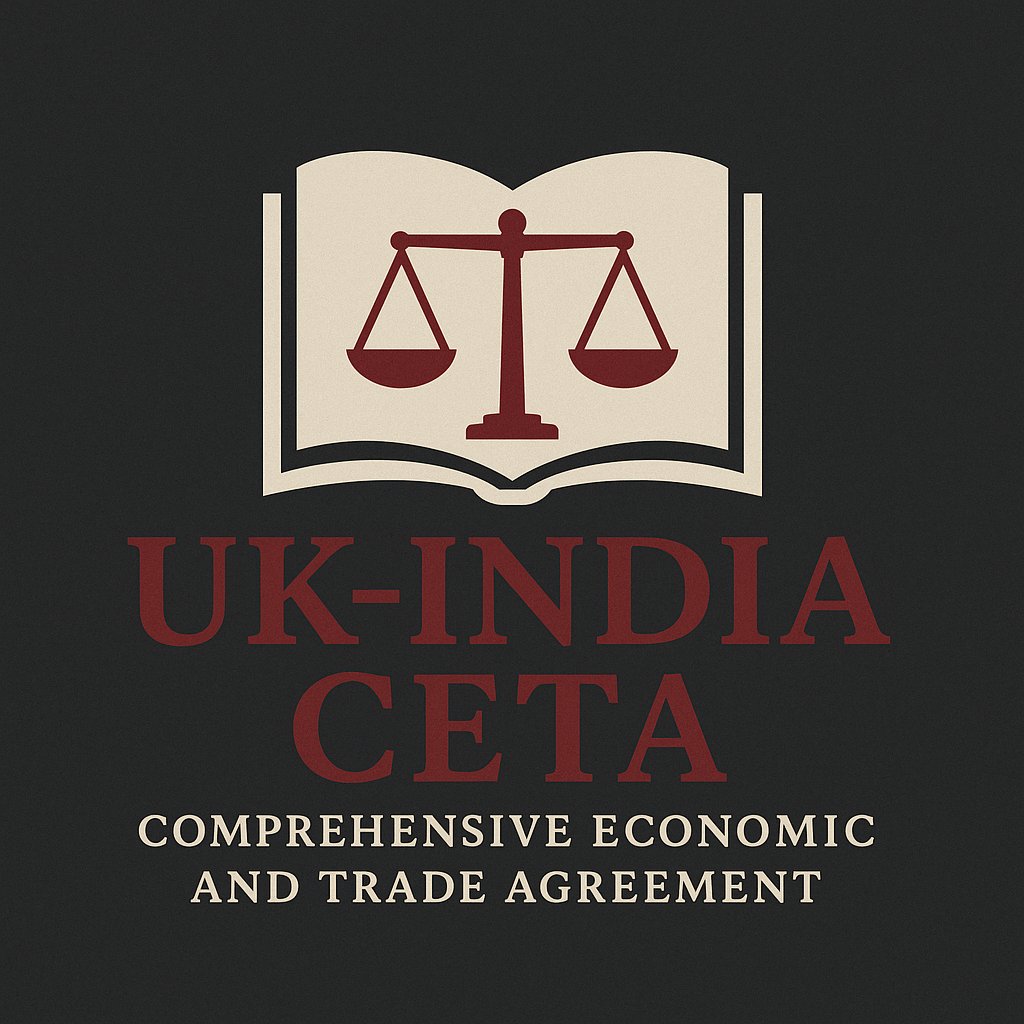UK–India Trade Pact Brings Cultural Industries Under New Scrutiny Amid Allegations of Literary Cronyism
The newly signed UK–India Comprehensive Economic and Trade Agreement (CETA) contains binding provisions on copyright enforcement, anti-competitive practices, and fair treatment of cultural industries--elements that are now sharply under the spotlight following allegations of literary monopolisation surrounding the Jaipur Literature Festival (JLF) and its institutional backers in both countries.
While the agreement states both countries’ sovereign right to promote and fund their cultural industries, it simultaneously binds India and the UK to prevent abuse of intellectual property rights and address monopolistic conduct--particularly in sectors such as literature, media, music, and arts.“Each Party shall ensure that any abuse of intellectual property rights by right holders or anti-competitive practices… may be addressed through appropriate measures.”
(CETA Chapter 13, Article 13.6.1)
“Each Party shall maintain or adopt measures to proscribe anti-competitive business conduct and take appropriate action with respect to such conduct.”
(CETA Chapter 16, Article 16.2.1)
The agreement obliges both countries to protect artists and creators through transparent copyright licensing regimes, prohibit excessive control over cultural IP, and ensure remedies for abuse--a clause with potential implications for high-profile literary festivals and cultural platforms that exercise gatekeeping control over who is published, awarded, or platformed.
This legal backdrop coincides with a growing backlash against what critics describe as the cultural monopolisation of South Asian literature by the Jaipur Literature Festival, particularly through its international editions hosted at UK public institutions like the British Library.
In a widely circulated article, editor of IndianRepublic.in Saket Suman wrote:
“The festival’s strategy is insidious. It starts by inviting the biggest prize winners and leverages their fame… prioritises the creation of literary superstars with close allegiance to the family, friends, and business beneficiaries of the festival organisers…”
“They need to assess the extent to which their foul-play… erode a level-playing field and platform individuals with close allegiance… that have corrupted Indian literature.”
(Saket.blog, June 6, 2024)
Suman alleges that British Library officials have been platformed at JLF India repeatedly, creating a system of reciprocal visibility and favouritism--a dynamic potentially challengeable under CETA’s anti-discrimination and competitive fairness mandates.
Crucially, Chapter 13 of CETA safeguards the rights of artists and small creators, stating that Parties must:
“Provide for appropriate measures, including limitations and exceptions to exclusive rights, to allow use of works for purposes such as criticism, review, reporting, teaching, scholarship, and research…”
(CETA Chapter 13, Article 13.2.3)
This clause, trade law experts say, could empower independent and underrepresented writers to challenge preferential event platforming and restrictive licensing practices used by large literary festivals to control dissemination and visibility.
Despite these obligations, no formal mechanism exists in the CETA text to review or audit cultural event sponsorships or speaker selection processes.
However, the treaty’s dispute prevention platform and regulatory cooperation committee could enable civil society actors to raise red flags about non-transparent use of public funds or discriminatory programming in cross-border cultural events.
“Publicly funded entities like the British Library must now ask whether their affiliations fall within the spirit of fair cultural competition--especially when partnered with commercialised festivals accused of cronyism,” said a UK-based cultural rights lawyer, who preferred to remain anonymous.
The implications extend beyond festivals. As India and the UK further integrate trade and mobility in the services and creative sectors, these IP and competition clauses may come to influence how literature, publishing, and arts programming is regulated--not just in economic terms, but in access, diversity, and credibility.
Stricter regulation must be put in place by both countries to ensure the next generation of writers and artists are not bullied, obscured and purposefully sabotaged while the friends, family members and beneficiaries of the festival organisers such as the JLF gain limelight to become the next generation superstars, all through fakery and deliberate and pointed promotion.
There is also room to improve the texts of agreements to ensure that monopolistic business entities do not get a free pass while startups and their competitors are ignored.
References:
– Open Letter: “Literary Community Must Resist Its Colonisation by JLF”, Saket.blog, June 6, 2024

